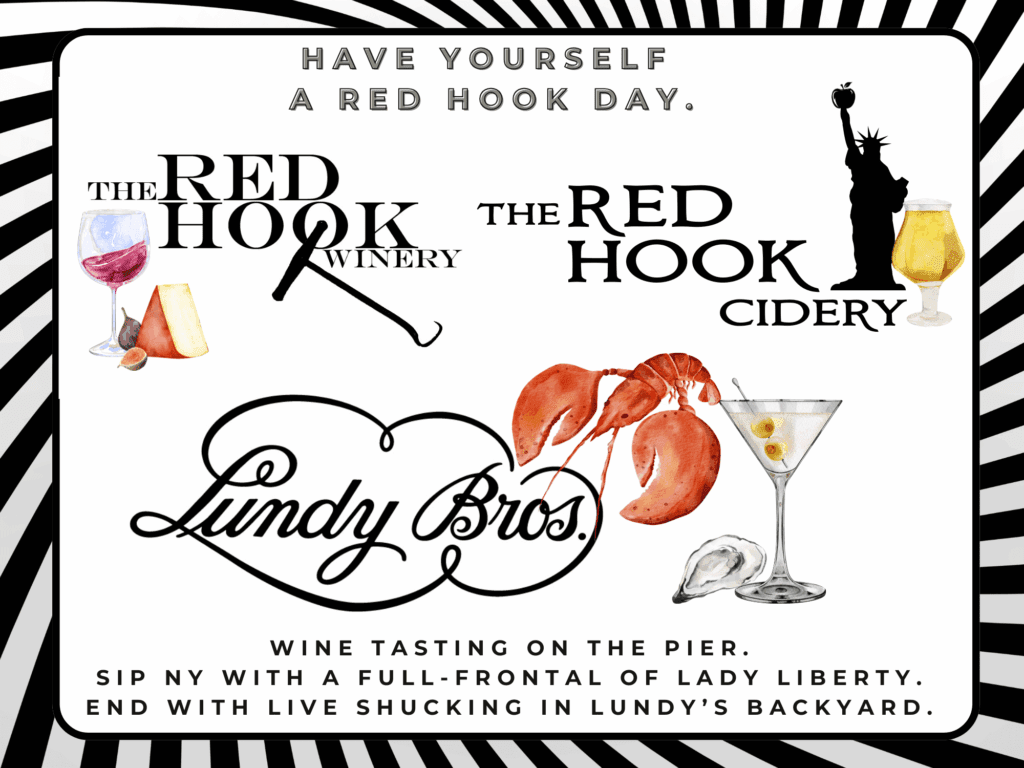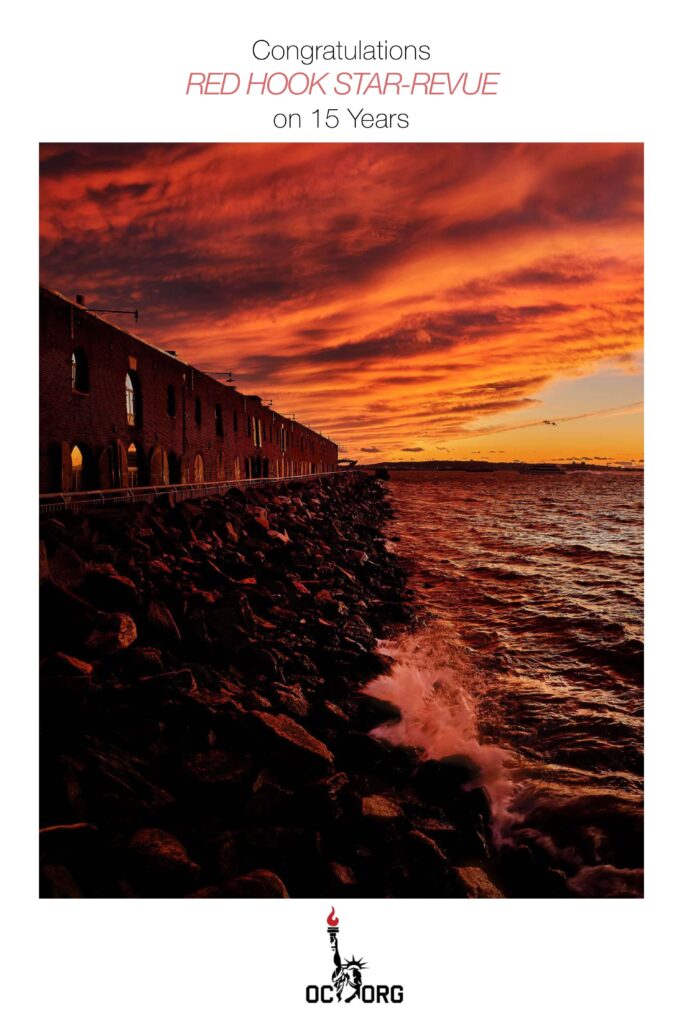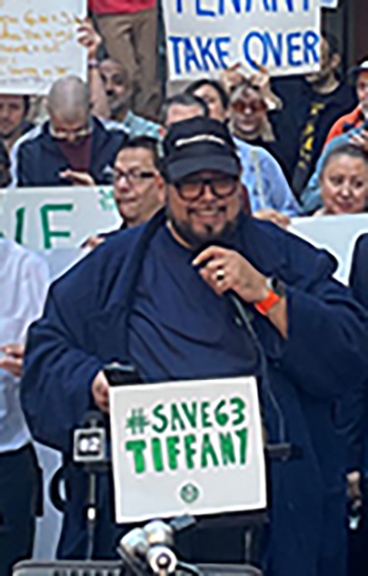Review of New Yorkers: A City and Its People in Our Time, by Craig Taylor
Review by Michael Quinn
I have lived in New York City for more than 25 years—my whole adult life. I sort of wound up here. I grew up on Long Island and went to school upstate. I had no idea what to do when I graduated with my English degree. I remember going to a career fair at a midtown hotel and catching a glimpse of myself in the mirrored wall across from the escalators. Everyone else was wearing dark suits and I was wearing a bright blue shirt from a thrift store. I guess it seemed like a good idea when I was getting dressed that morning, but it’s not exactly how you want to stand out as a job applicant. Somehow it was the right look for publishing.
I didn’t work in that industry for long, but I stayed in New York. I moved around the East Village, then to Brooklyn. I’m a real mom-and-pop shop kind of person. So many of the ones I was attached to closed. Periodically, I fantasized about living somewhere else—another city. I knew this kind of gentrification was happening across the globe, but I reasoned that if I lived someplace new, I couldn’t miss what I hadn’t known was there. But here’s the thing. New York City has something like no other place in the world: its people.
Craig Taylor’s New Yorkers: A City and Its People in Our Time (recently released in paperback) investigates what makes this city so special. Starting in 2014, Taylor spent six years having conversations with more than 180 New Yorkers (75 of them appear in the book). They include people from all walks of life: from a person who steals cars to the voice of the Brooklyn Nets. From these conversations emerges an oral history of what New York is like today.
The material is all relayed in the first person and Taylor organizes it by theme: not by what the person does, but by what they talk about. People share their dreams, hopes, and frustrations. They praise the culture and the food. They talk about money. They talk about race and gender. They talk about feeling misunderstood—and mistreated. A blind man recounts bumping into another man, who says with annoyance, “What are you, blind or something?” The kicker is, that man turns out to be blind too.
Many take a walk down memory lane. Some remember the Meatpacking District when it smelled disgusting and its streets were smeared with fat and blood. A West Village landlord remembers the old people who lived in his building (artists all), and suddenly his story is colored by remnants of their New York that they carry with them in their habits and routines and preferences. You realize the psychic layers of the city we are all moving in and out of, depending on how old we are, depending on how long we’ve lived here, depending on what we remember and what we miss (and what we don’t). Our New York is shaped by the stories we read, the stories we hear from the people who’ve lived here longer than we have, and the stories we tell ourselves about what it means to be a “real” New Yorker. Ideas like these shape our expectations—and our disappointments. They are also challenged by the fresh impressions from new arrivals: the exhilaration and the terror and the hope.
Taylor, a Canadian, originally set out to repeat the experiment (and success) of his previous book Londoners. But right from the get-go, he discovers that New Yorkers are different. More open. Less guarded. They interrupt and they digress. And they often fire back with questions of their own. Plunged into the intimacy of these deep-searching conversations, Taylor forms many kinds of relationships—some fleeting, some that seem destined to last.
The most poignant one is with an old Vietnam vet named Joe, whom we meet in a series of interludes. Toothless, somewhat blind, and permanently bent into a head-butt position, Joe actually hates the city. But he’s interested in Taylor’s fascination and boundless enthusiasm. They fall into a habit of meeting every Sunday, and Joe, with no home of his own, sometimes spends the night, arranging his pile of bags by the door, leaving his blanket folded neatly at the edge of the daybed the next morning.
At one point, Joe asks Taylor about the people he’s been interviewing. Taylor confesses to remembering gestures better than faces, but it’s the images of the things people tell him, such as “the light dusting of snow” on the Statue of Liberty’s shoulders in winter—that bloom so beautifully in the reader’s mind.
New Yorkers is a fascinating and moving portrait of individuality, resiliency, and compassion. In its pages, you may discover the kinds of people you know—maybe even the kind you are. And even in the ones most different from you, you will find something you never dreamed you’d have in common. As elevator repairman David Freeman puts it, “You usually find out that most people on some level do have some kind of inner life, they have a place where they find joy. And even people whose beliefs you revile, they actually have saving graces that you don’t understand completely at first but you see…It’s like it’s odd to say, but what it is…a kind of forgiveness, where it really counts.” New Yorkers will make you glad to count yourself among them.
Author
Discover more from Red Hook Star-Revue
Subscribe to get the latest posts sent to your email.









